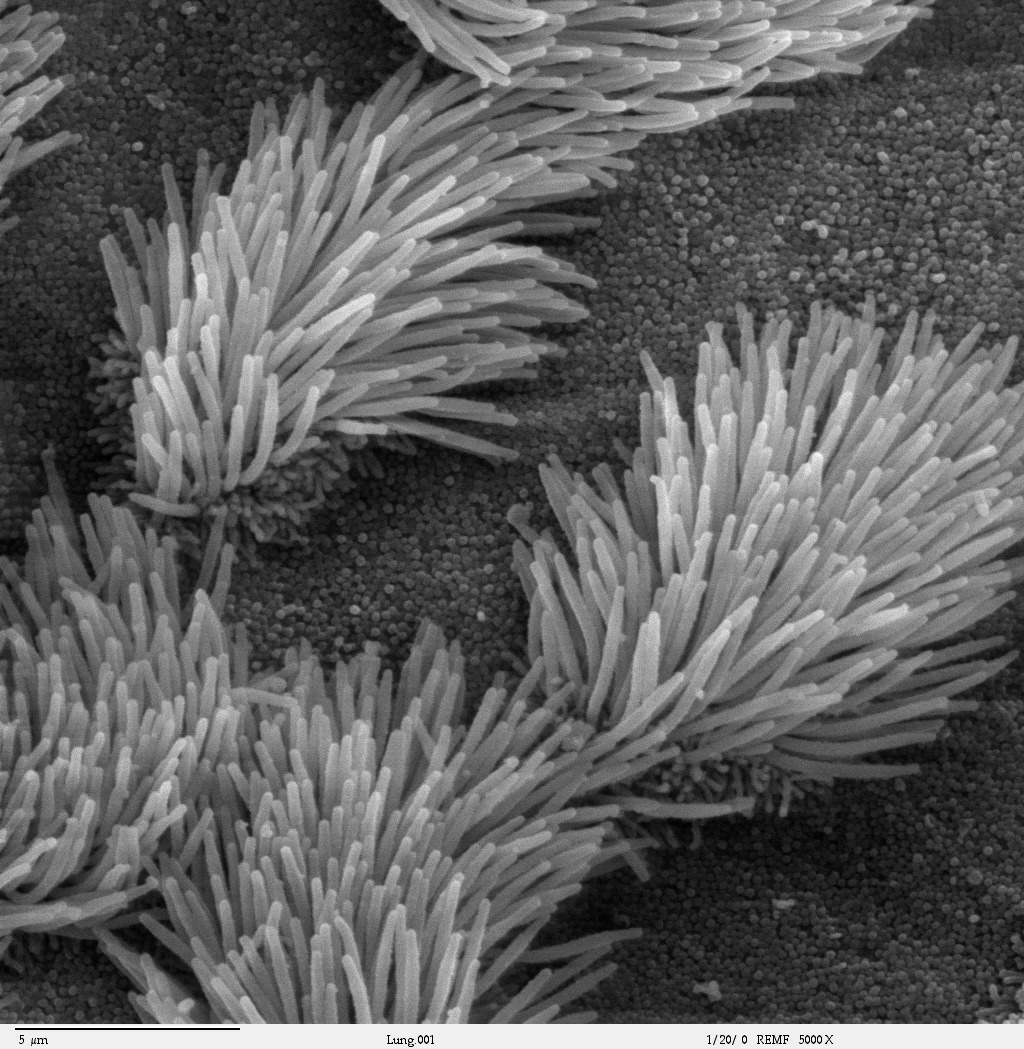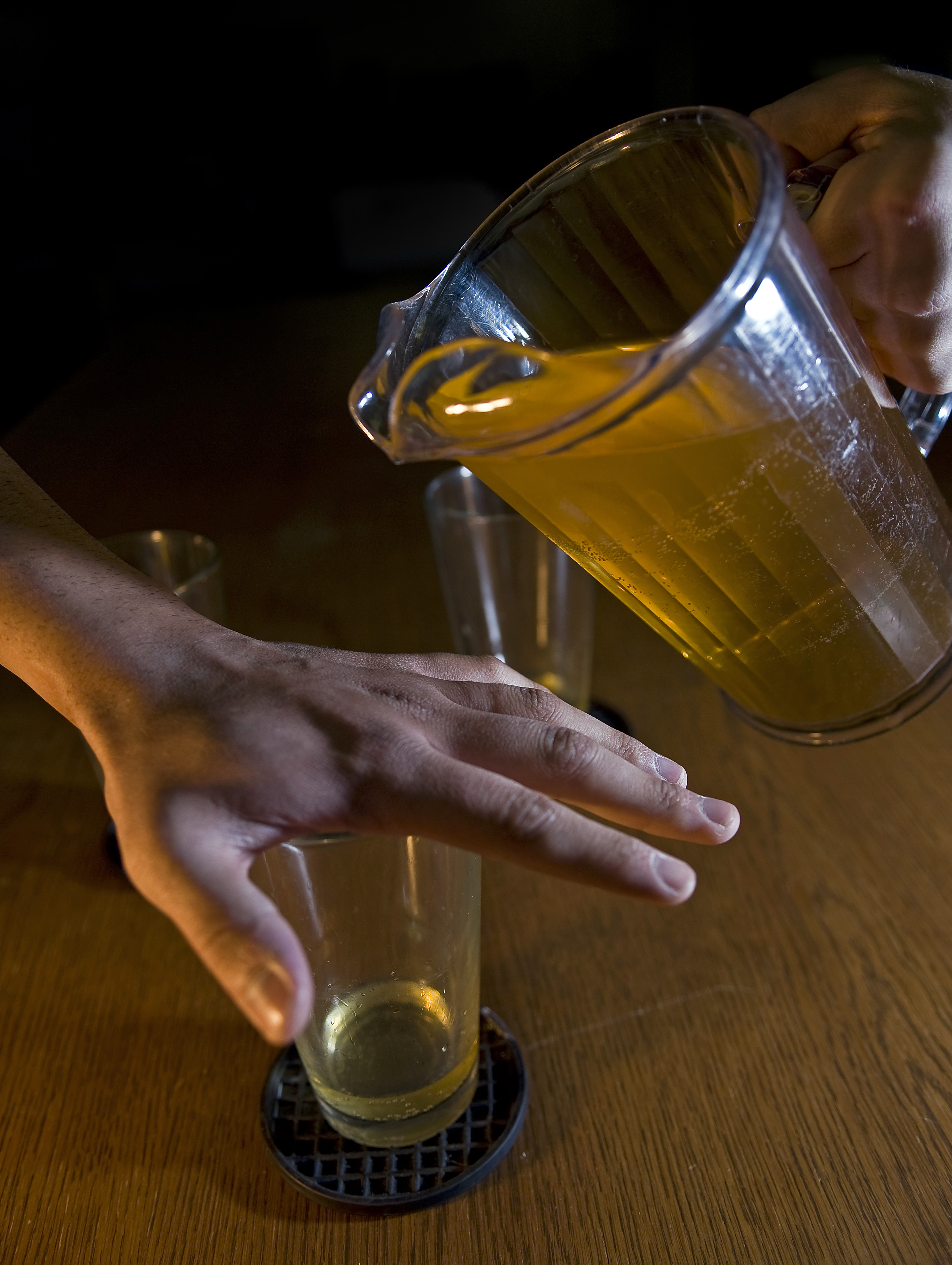If you have COPD, you're probably especially concerned about making healthy diet and lifestyle choices. You have to maintain your health carefully to prevent the disease from progressing, and that means eating nutritious foods and avoiding unhealthy and toxic substances.
As a result, many people are concerned about whether or not alcohol is dangerous for people who have COPD. Is it safe for COPD patients to drink alcohol, or can it make the disease even worse?
While alcohol isn't exactly healthy for anyone, the question of whether it's bad for your lungs or particularly dangerous for COPD isn't a simple question to answer. That's why, in this article, we're going to help you better understand the risks of alcohol and how it affects people with COPD.
{{cta('fa8abc2a-1e88-4fa3-82fd-1cb5b9ed43b2','justifycenter')}}
Risks of Alcohol Use
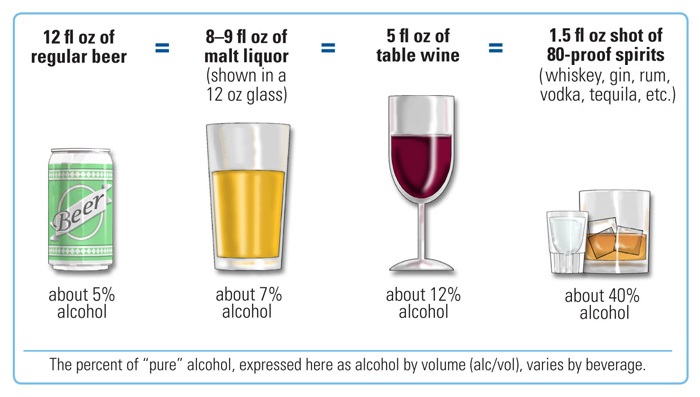
In general, light to moderate drinking isn't usually very bad for you, and most healthy adults who drink in moderation will suffer little to no long-term health problems. However, for people with chronic diseases like COPD, the mild toxic effects of alcohol may sometimes pose more of a risk.
Most of the short-term risks of alcohol concern the possibility of overdosing and the immediate effects of alcohol intoxication. These effects include impaired memory, balance, reflexes, and decision-making.
Alcohol is responsible for a large number of car accidents, falls, and other physical injuries that result from acute intoxication, which should be particularly concerning for people with limited physical strength and mobility. However, most of these effects disappear once the intoxication wears off.
Heavy alcohol consumption, however, can cause a variety of symptoms and health complications over the course of many years. You have a higher risk of experiencing these negative effects the more heavily you drink and the longer the period of time that you drink for.
Here are some common health complications for which long-term, heavy alcohol consumption increases your risk:
- Increased risk of certain cancers, including breast cancer, esophageal cancer, and pancreatic cancer
- Increased risk for respiratory infections
- Alcohol-related fatty liver disease
- Suppressed immune system
- Pancreatitis
- Nerve damage
- Ulcers
- High blood pressure
- Stroke
- Arrhythmia (irregular heartbeat)
- Heart disease
- Diabetes
Alcohol's Effect on the Body
Alcohol affects many different parts of your body in different direct and indirect ways. To understand how alcohol affects COPD, you first have to understand the general effects that alcohol has on your brain, heart, liver, kidneys, pancreas, and immune system.
{{cta('b59df0c1-c4de-47a8-8e1c-0d33d4b414aa')}}
The Brain

The feeling of intoxication you get when you drink enough alcohol to get drunk comes mainly from alcohol's effects on the brain. But it also affects your brain in other ways; in the short term, alcohol affects the brain's ability to control your mood, your memory, and your impulse control.
Alcohol also impairs decision making, short-term memory, and can lead to anxiety and depression. In the long term, heavy alcohol use can cause permanent damage to the parts of the brain responsible for memory, motor skills, and emotional regulation.
The Heart

The short-term effects of alcohol on the heart are minimal. However, excessive, long-term alcohol consumption can cause serious damage to your heart and cardiovascular system.
Heavy alcohol use over many years can lead to high blood pressure, an irregular heartbeat, and elevated levels of fat in your blood. Over time, these cardiovascular changes can lead to much more serious health problems like diabetes and heart disease.
In the most severe cases, long-term, excessive alcohol consumption can even lead to stroke, cardiomyopathy, or sudden cardiac death.
The Liver

When you drink alcohol it is ultimately processed by the liver, which removes the alcohol from your blood and breaks it down into less toxic metabolites. However, these metabolites are also slightly toxic to the liver, and in large numbers can lead to problematic inflammation.
Small amounts of alcohol are not enough to cause any permanent damage to your liver, but when you drink too much at once, the liver gets overloaded with metabolites and becomes inflamed. Over time, this inflammation can lead to permanent scarring in the liver and fatty liver disease. In fact, alcohol is responsible for more than a third of cases of liver disease that end in death.
The Kidneys

Alcohol is a diuretic, meaning it causes you to urinate more frequently and get dehydrated more quickly. However, this also affects your kidneys' ability to regulate the amount of nutrients and electrolytes in your body.
Essentially, alcohol's diuretic effects causes nutrients and electrolytes to be lost when you urinate, leading to deficiencies in sodium, potassium, chloride ions, and other substances. This can lead to a variety of symptoms, including fatigue, nausea, irregular heartbeat, and gastrointestinal discomfort.
Over a long period of time, heavy alcohol use can cause permanent damage to the kidneys, including kidney enlargement and dysfunction in the balance of hormones that regulate kidney function.
The Pancreas
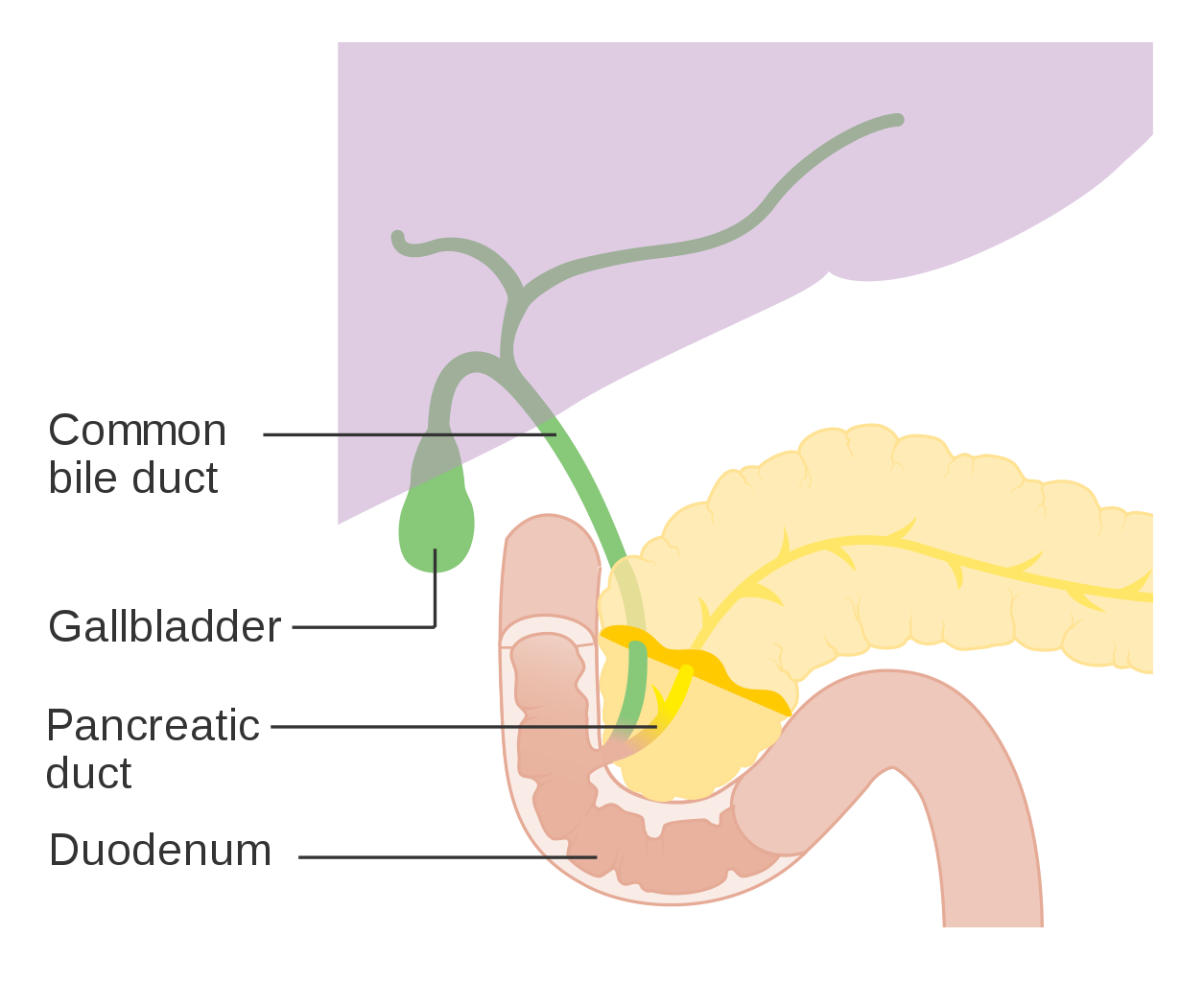
Excessive alcohol use can cause both short-term and long-term problems in your pancreas and interfere with your digestion. In the short term, it causes a build-up of digestive enzymes in the pancreas, which can lead to acute inflammation known as pancreatitis.
Pancreatitis causes a number of uncomfortable symptoms like nausea and diarrhea and can take weeks to recover from. If pancreatitis becomes chronic and is not treated properly, it can cause permanent damage to the organ and lead to diabetes or death.
Immune System

Drinking too much alcohol can significantly reduce your immune system's ability to stave off illnesses and infections. Even a single episode of heavy drinking can inhibit your body's ability to fight viruses and bacteria for up to 24 hours.
Studies even show that chronic, heavy drinkers are more prone to contracting contagious diseases like pneumonia, tuberculosis, and HIV. It also makes it harder to fight off any sicknesses you already have, meaning you might stay sick longer and experience worse symptoms.
This is of particular concern to people with COPD, who must be ever vigilant to avoid illnesses and infections. Even minor colds can lead to serious COPD exacerbations, and recovering from illnesses quickly is key for preventing further damage to the lungs.
Research on Alcohol and COPD

As you can see, heavy alcohol use can be detrimental to anyone, including people with COPD, for a variety of reasons. But is there anything that makes alcohol particularly dangerous for people who suffer from chronic respiratory diseases?
The answer is, “probably, yes,” but to what extent alcohol is dangerous for COPD patients is a difficult question to answer. There hasn't been much scientific research in this area which makes it difficult to discern how alcohol affects people with COPD specifically.
The body of research is not robust enough to form firm scientific conclusions and many of the studies that have been done on alcohol and COPD are poorly controlled and contradictory. Many also fail to separate the effects of drinking and smoking, which makes it impossible to tell whether or not negative health effects are the result of alcohol or tobacco consumption.
What research has been done focuses mainly on the effects of alcohol on lung function, dietary health, and medications. One thing that most researchers agree on is that heavy alcohol consumption can effect the lungs and can likely cause reduced lung function in people with chronic respiratory diseases.
In general, heavy alcohol use in the general public is associated with reduced lung function and airflow obstruction. However, this is difficult to study in populations of people with COPD, since COPD patients experience chronic airflow obstruction that makes it difficult to detect minor changes.
Some studies, however, have hinted at a link between heavy alcohol use and increased severity of COPD. For example, alcohol may be linked to increased coughing, wheezing, and breathlessness in patients with respiratory diseases who drink, and one study found that right-sided heart failure is more common in heavy drinkers who also have COPD.
Other studies show that alcohol can interfere or interact with certain medications used to treat COPD. Heavy drinking can also cause nutritional deficiencies and even make your lungs more prone to being damaged by smoking.
Clearly, people with COPD should be cautious about drinking alcohol. To help you better understand the risk, the following sections will explain in more detail how alcohol can affect your lungs, nutrition, and even interfere with COPD treatments.
Continue reading to learn more about the risks of alcohol use for COPD patients and how to reduce your risk if you suffer from the disease.
{{cta('43b79c5e-6bd6-4f02-ac27-2d038d20c146','justifycenter')}}
Alcohol Can Increase COPD Symptoms and Make You More Likely to Get Sick
|
|
| Alcohol makes it more difficult for your cilia (pictured above) to clear mucus out of your lungs and airways. |
The main way that alcohol affects the lungs directly is by inhibiting their ability to move mucus up and out of the lungs. It does this in two main ways: by thickening your mucus and by suppressing the movement of cilia, which move mucus through your airways.
Thickened mucus happens as a result of dehydration, which happens more quickly when you drink alcohol. As a diuretic, alcohol flushes water out of your body, which in turn dries up your mucus, making it extra thick and sticky.
Alcohol also has a direct effect on the cilia in your airways, which work continually to keep too much mucus from building up in your lungs and airways. Cilia are finger-like protrusions that from a carpet lining the surface of your airways.
In order to get mucus up and out of your lungs, the cilia have beat back and forth to move the mucus in the right direction. Alcohol makes these cilia less responsive and less active, which makes them much less effective at doing their job.
All of this causes more severe COPD symptoms as a result of the thickened mucus building up to excess in your lungs. The mucus obstructs the flow of air through your airways, causing worsened coughing, wheezing, and and overall worsening of lung function.
This also makes you you more prone to contracting illnesses and infections. This happens because the thick mucus traps bacteria, providing an ideal, moist environment for them to live and multiply. It is also much harder for the cilia lining your airways to move that thick, sticky, bacteria-ridden mucus out of your lungs, significantly raising the risk of respiratory infections.
On a slightly different note, alcohol can also affect your lungs by making them more sensitive to cigarette smoke. It reduces the levels of an enzyme that helps protect your lungs from damage and inflammation caused by smoking.
How to Reduce Your Risk:
-
Drink plenty of water, especially when you drink alcohol. You should drink at least one glass of water for every alcoholic drink you consume.
-
Only drink in moderation. Heavy alcohol use is associated with worse dehydration and reduced cilia function.
- You should always avoid smoking, but especially when you drink. Studies show that smoking and drinking alcohol together is worse for your lungs than smoking alone.
Alcohol Can Interact and Interfere with Certain Medications Used to Treat COPD
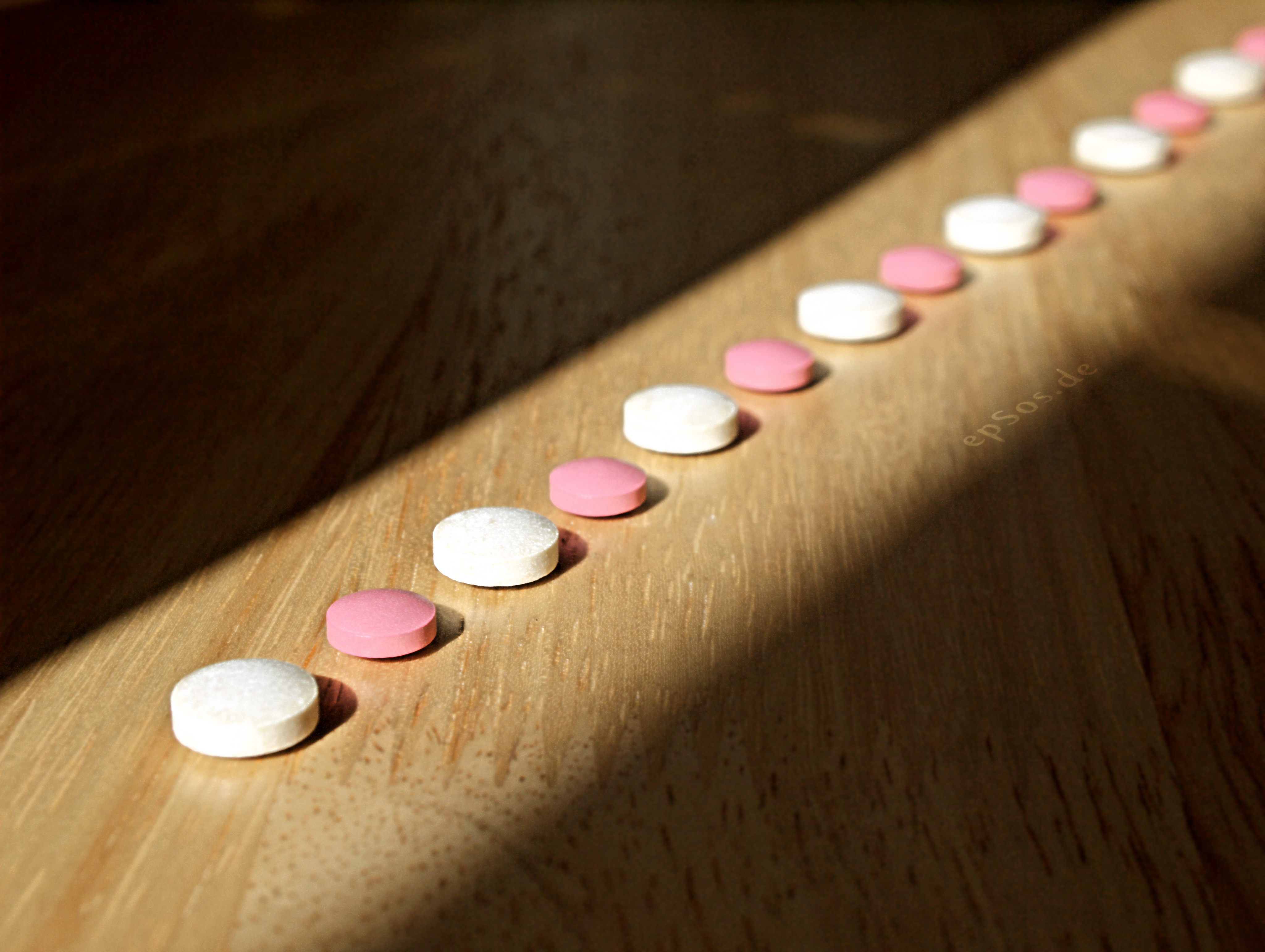
You should always consider what medications you are taking before you choose to drink. Some medications used to treat COPD cause uncomfortable side effects or can be dangerous when combined with alcohol.
For instance, many antibiotics are known to not mix well with alcohol, causing uncomfortable side effects like dizziness, drowsiness, and stomach distress. Since doctors often prescribe antibiotics to COPD patients in order to treat lung infections and exacerbations, this is something you should keep in mind if you have COPD and choose to drink.
Certain antibiotics, including Bactrim, Flagyl, and Tindamax can have even more severe effects when mixed with alcohol. This can result in symptoms like nausea, vomiting, flushing, and a rapid heart rate.
Additionally, some corticosteroid medications used to treat lung inflammation in COPD patients can be dangerous if you mix them with alcohol. This is especially true if you are taking steroids long-term or if you drink heavily.
Alcohol and corticosteroids are both irritating to your stomach and digestive tract, and consuming both together increases your risk of stomach ulcers and indigestion. Additionally, both alcohol and corticosteroids can contribute to high blood sugar, osteoporosis, liver damage, and immune system suppression on their own, making it even more risky to take both at the same time.
Finally, drinking alcohol in combination with anti-anxiety and antidepressant medications can have severe, and even deadly effects. Consuming them together can cause you to become excessively sedated and cause dangerous spikes in blood pressure. In the most severe cases, mixing alcohol and antidepressants can slow your heart rate and breathing to dangerously low levels.
How to Reduce Your Risk:
-
Go over your complete list of medications with your doctor or pharmacist to make sure that none of them will interact with alcohol.
-
Make sure to check with your doctor about drug interactions and side-effects whenever you are prescribed a new medication.
-
If you take an antidepressant medication to treat anxiety or depression, you should abstain from drinking.
- Abstain or moderate your drinking carefully whenever you are prescribed a course of antibiotics or corticosteroids.
Alcohol Can Reduce Sleep Quality and Increase COPD Symptoms When You Sleep

Alcohol acts as a depressant, which means it relaxes your muscles and slows down many of your body's normal processes. During the daytime, this might just make you feel relaxed and a little drowsy, but at night it can severely hurt your quality of sleep.
Although many people use the relaxing effects of alcohol as a sleep aid, it's actually more likely to interfere with a good night's sleep. When you drink before bed, the alcohol disrupts your brain's normal sleep cycles. As a result, your sleep quality is lower and you have an increased risk of waking up and not being able to sleep in the morning.
Drinking alcohol at night can also affect your sleep in other ways—by affecting the muscles in your throat and worsening obstructive sleep apnea. And since sleep apnea is very common in people with COPD (known as overlap syndrome), this is a concern that affects a large number of patients.
Here's what happens: drinking alcohol at night can cause the muscles lining the airways in your throat to relax too much when you fall asleep, causing them to sag and obstruct your airways. This makes it more difficult to breathe and can reduce the amount of oxygen you get while you sleep.
This can trigger sleep apnea or worsen pre-existing sleep apnea symptoms, which can make it difficult for your body to get enough oxygen while you sleep. This can cause hypoxemia (low blood oxygen levels) which, over time, can lead to a variety of severe and life-threatening health complications in people with COPD.
Alcohol-related dehydration can also make it difficult to sleep, because it causes extra, thick mucus to build up in your airways. This mucus can obstruct your airways at night, causing you to cough and making it difficult to breathe while you sleep.
Many people with COPD already struggle with breathlessness, wheezing, and airway obstruction that makes it difficult to sleep at night. It's important to remember that alcohol will only make those symptoms worse.
Getting sufficient, good quality sleep is necessary for staying healthy and living a fulfilling life with COPD. Studies even show that poor sleep can increase your risk for COPD exacerbations, worsened COPD symptoms, and cause a wide variety of additional health problems like heart disease, diabetes, high blood pressure, and stroke.
However, as many as 70 percent of people with COPD struggle to sleep and get poor sleep on a regular basis. It's important to do everything you can to reduce your symptoms and get good quality rest, and that may include abstaining from alcohol at night.
How to Reduce Your Risk:
- Always drink in moderation. The more alcohol you drink, the stronger its depressant effects and the more likely it is to interfere with your sleep.
- Don't drink alcohol too close to bedtime.
Alcohol Can Cause Enzyme Deficiencies in People with COPD
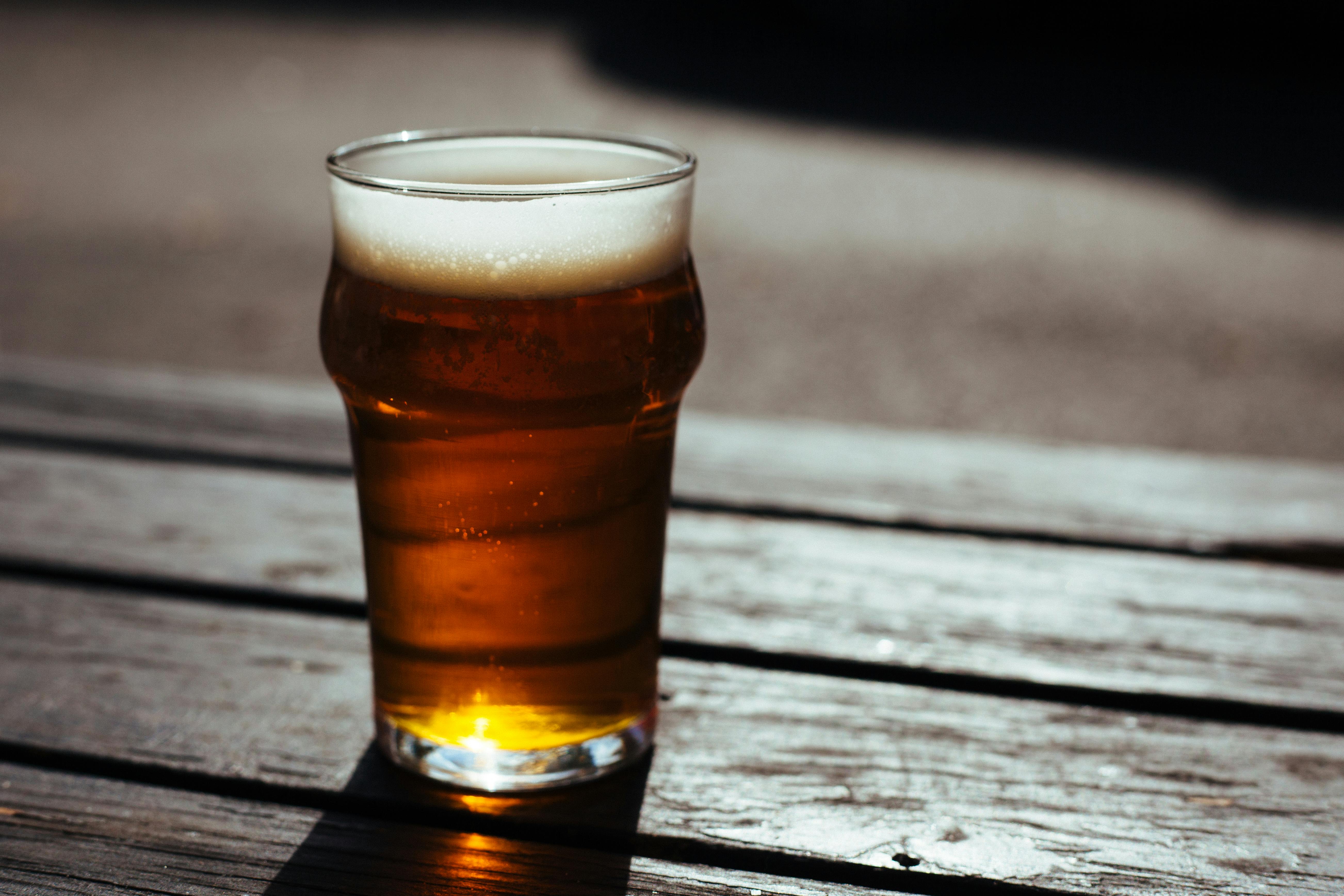
Heavy alcohol use can suppress, inhibit, or deplete a variety of essential nutrients, electrolytes, and antioxidants that your body needs to stay healthy. The most notable for people with COPD, however, is an antioxidant known as glutathione, an antioxidant found in the lungs.
Glutathione helps protect your lungs from damage and inflammation caused by exposure to smoke, pollution, and other respiratory irritants. A deficiency in this antioxidant, which can happen if you drink heavily, can increase your risk for lung damage, exacerbations, and worsened COPD symptoms.
Heavy alcohol use can also cause deficiencies in important vitamins, especially vitamin B, vitamin A, vitamin B12, and folic acid. Additionally, alcohol contains a large number of calories, which can lead heavy drinkers to eat fewer nutritious foods or to become overweight.
How to Reduce Your Risk:
-
Always drink in moderation. Heavy alcohol consumption increases your risk for nutritional deficiencies and depletes glutathione in your lungs.
- If you drink, have your doctor test you for vitamin deficiencies. If you are deficient, you can increase your vitamin uptake by adjusting your diet or taking vitamin supplements.
So, Can You Drink Alcohol if You Have COPD?
|
|
| Photo by Sgt. Marc |
There's a lot of information available about how alcohol negatively affects your body and how drinking too much can affect your COPD. However, most of the available science focuses on the effects of heavy and excessive drinking. You might still be wondering, can I still drink in moderation if I have COPD?
As you might have guessed, the answer is not straightforward. You will need to talk to your doctor, who will take your unique medical history and physical condition into account, to know whether or not light or moderate drinking is safe for you.
If you do drink, you should take special care of yourself to minimize any negative effects that alcohol might have on your lungs or your COPD symptoms. Drink only in moderation, eat a healthy diet, and drink extra water to prevent thickened mucus and dehydration.
However, in most cases, drinking occasionally should be fine as long as you don't drink to excess and follow the guidelines recommended by the CDC. “Drinking alcohol [when you have COPD] isn't forbidden,” says pulmonary specialist Dr. Pichurko, “but if you drink, moderation is a must.”


